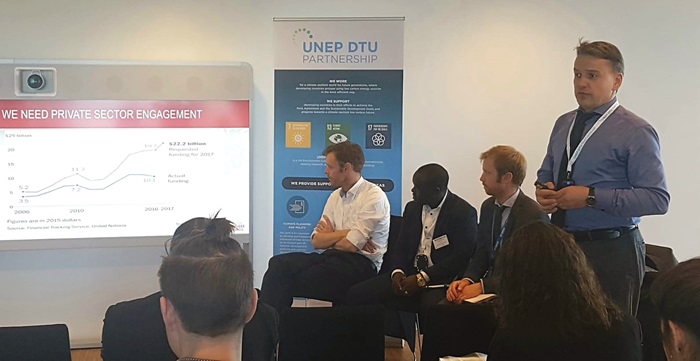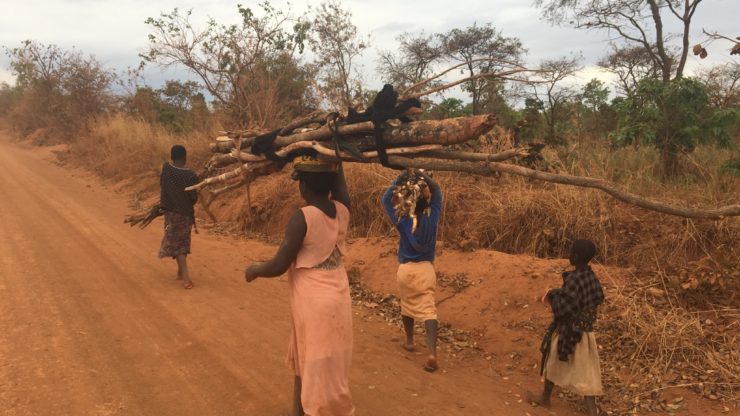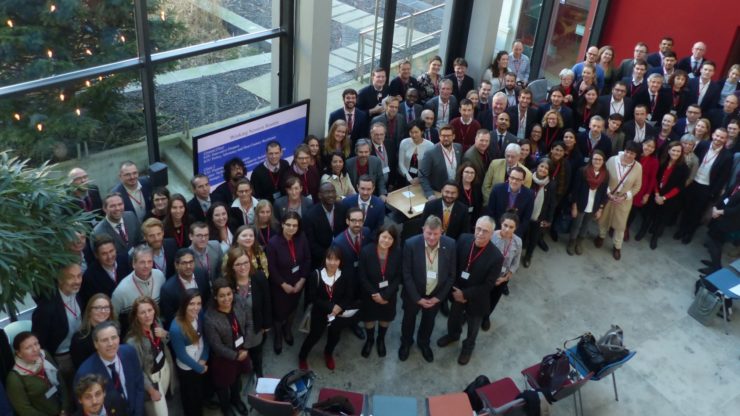More than 130 million people are in need of humanitarian assistance due to conflict, natural disasters, and other complex global challenges around the world.
For many of these people, access to energy sources is critical for survival, and how they access it impacts their health, livelihoods, safety, and well-being.
Despite this, energy access for displaced people is not prioritized in the global humanitarian system. Current energy practices in situations of displacement are often inefficient, polluting, unsafe for users, and harmful to the surrounding environment.
Responding to the need for sustainable and safe energy solutions for displace people, UNEP DTU Partnership is part of launching a Global Plan of Action (GPA).
A part of something bigger
Since January 2018 UNEP DTU Partnership, together with many partners, has developed the Global Plan of Action for Sustainable Energy Solutions in Situations of Displacement. It is a non-binding framework and entails concrete recommendations for accelerated progress towards the vision of safe access to affordable, reliable, sustainable, and modern energy services for all displaced people by 2030.
The GPA will be launched at the UN headquarters in New York on the 10th of July.
It is a contribution to the review process of SDG 7 on clean affordable energy and is intended to align with the New York Declaration for Refugees and Migrants, the Agenda for Humanity, and the Paris Agreement.
Emphasising the environment and the value of evidence
Energy is critical for essential activities such as cooking meals, heating shelters, cooling vaccines, charging mobile phones and powering humanitarian operations.
Lack of access to safe and sustainable energy exposes displaced women and girls to heightened risks of sexual and gender-based violence as they travel long distances to collect firewood and navigate poorly lit communal spaces.
Given the complex nature of humanitarian response and the challenges of integrating sustainable energy solutions into the humanitarian program cycle, there is not just one solution but a need for systemic actions to mobilise resources and build capacity.
As a member of the steering committee UNEP DTU Partnership has emphasised the importance of the environmental angle to sustainable energy access and the value of evidence-based decision making.
Five key areas
The Mission of the Global Plan of Action Framework is to equip stakeholders with the capacity to mainstream sustainable energy solutions into programming, with the goal of delivering improved protection, dignity, and energy-related social, environmental, and economic benefits to displaced people.
The Global Plan of Action accomplishes this mission by providing a strategic, multi-sector framework for addressing current challenges and barriers to achieving access to sustainable energy for displaced people. The framework addresses five key areas: coordination and planning, policy and advocacy, innovative financing, technical expertise and capacity building, and data and evidence monitoring.



